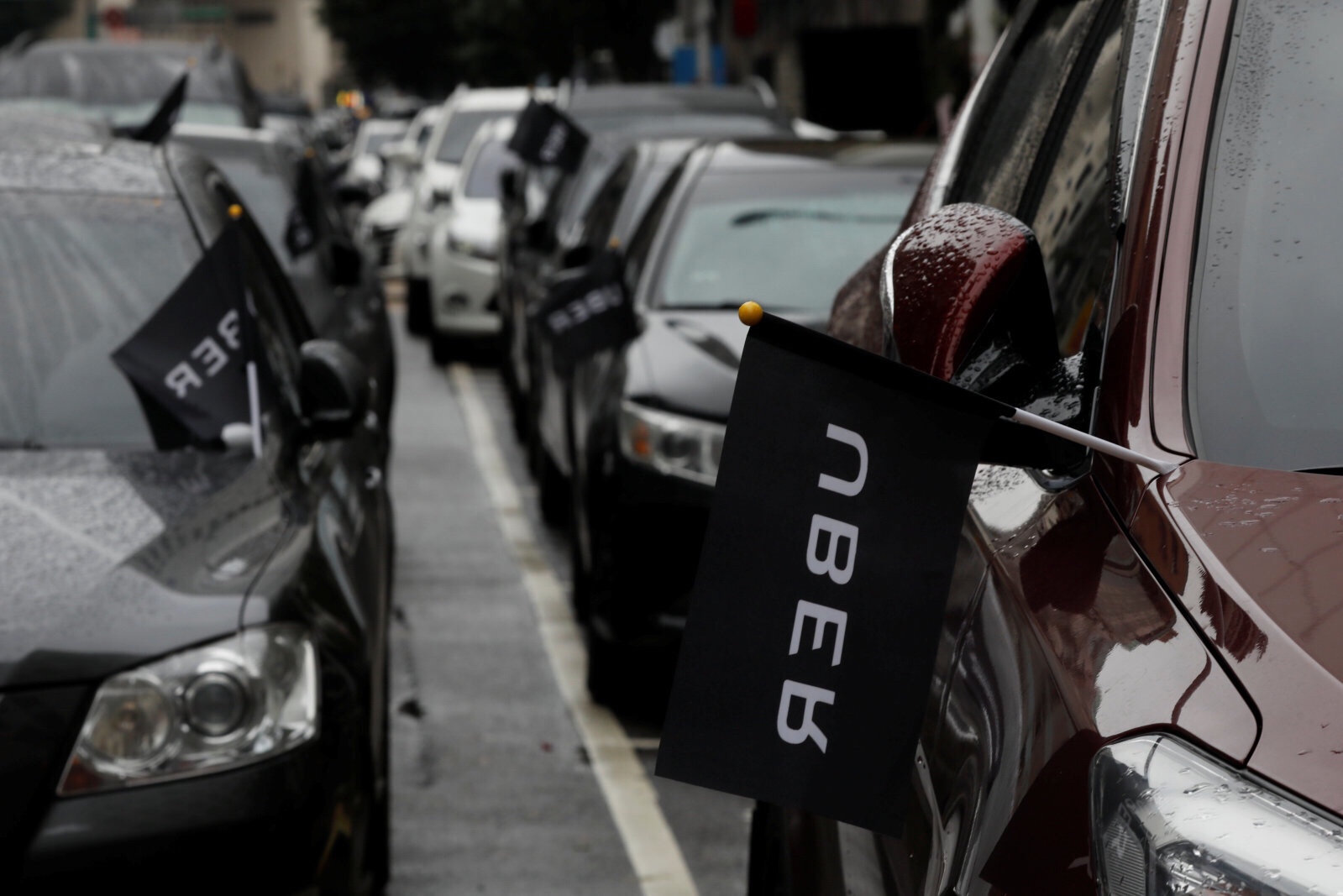Uber continues to dig itself into a deeper hole as new things are discovered about the strange tactics and behaviors the company conducts. According to a new report from Bloomberg, Uber employees based in San Francisco had the ability to remotely lock down equipment in the company’s foreign offices to block local authorities from obtaining any incriminating data.
While we know that many companies tend to have a remote “panic button” to shut off computers if a police raid were to occur, Uber’s secret tool is on a different level. The secret tool, called “Ripley,” has been used over two dozen times to block the legal efforts of local offers from gathering information, sources told Bloomberg.
Per Bloomberg, once instance occurred in Montreal in May 2015 where around 10 investigators from the provincial tax authority raided Uber’s office with a warrant to search for evidence pertaining to an alleged tax violation against the company. Employees were then able to remotely tip off a special team at Uber’s headquarters in San Francisco where they used “Ripley” to remotely log off every computer in the Montreal office, thus blocking the authorities from obtaining any records. This lead to the investigators leaving empty handed.
This is where the question of obstruction of justice comes in. Technically speaking, the definition of obstruction may vary from country to country, but this is definitely not a good look for Uber. Here’s what Bloomberg said:
The Uber HQ team overseeing Ripley could remotely change passwords and otherwise lock up data on company-owned smartphones, laptops, and desktops as well as shut down the devices. This routine was initially called the unexpected visitor protocol. Employees aware of its existence eventually took to calling it Ripley, after Sigourney Weaver’s flamethrower-wielding hero in the Alien movies. The nickname was inspired by a Ripley line in Aliens, after the acid-blooded extraterrestrials easily best a squad of ground troops. “Nuke the entire site from orbit. It’s the only way to be sure.”
In a statement, Uber spokesperson said: “Like every company with offices around the world, we have security procedures in place to protect corporate and customer data. For instance, if an employee loses their laptop, we have the ability to remotely log them out of Uber’s systems to prevent someone else from accessing private user data through that laptop. When it comes to government investigations, it’s our policy to cooperate with all valid searches and requests for data.”






Is Uber an organised crime syndicate that is laundering money by using this taxi business thing as a front ? Just asking….
Interesting question, though I don’t think that’s the case. But who knows, right? We’ll keep coverage going as things uncover.